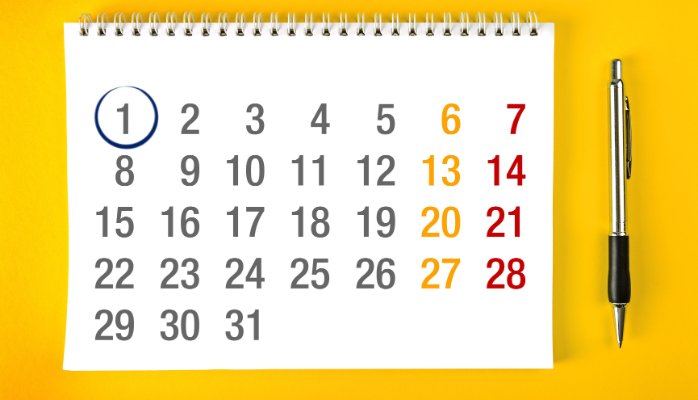As I think about joining a gym — again — and promising myself to work less and unwind more, I can’t help but recall saying the same things at this time last year. I’m pretty sure I said them the year before that, in just the same way. Upon reflection, I remember that, amidst the confusion and storing-up water for Y2K, I made these same pledges to myself for the Mother of all New Year’s in 200o.
This little review of my so-called commitments, made in earnest during these last days of December every year, bears out for me what’s reported in an overwhelming amount of research on New Year’s Resolutions: they don’t stick.
Nonetheless, the exercise of reviewing the last year, trying to learn from it, and articulating our hopes and goals for next year, is a worthy and valuable enterprise, not to be abandoned. So what can we do?
Shift From Resolutions to Conversations
As we enjoy time with friends and family over these closing days of the year, I recommend a new approach to our reflections: shift from making firm resolutions to having meaningful conversations. In my firm, and among my clients, I find that real change often begins with an open conversation, rather than a big decision. Likewise, sustainable behavior change starts off many times with small steps that experiment with a new mindset, not a 180 degree reversal of how people operate. They don’t “commit first” and see how it goes later, which is what a New Year’s Resolution forces you to do.
Instead, through kicking around ideas and new possibilities with people, you can discover a direction to move in, a set of options to explore, or even a vision to over-haul your life. This doesn’t require making a “promise” to yourself to launch a personal revolution on January 1st. Consider trying a set of conversations for end-of-year learning and goal-setting. I promise you that’s more likely to create real change in your life that lasts over time.
Suggestions for New Year’s Conversations
If you’re game to try the shift from resolutions to conversations, where do you start? At the core, you choose topics that matter to you, either backward-looking at the year coming to a close, or forward-looking to the new year ahead. I’ve written some suggestions to get you started. Remember the conversation has value as a reflection and learning tool. It doesn’t need to conclude with an action step you pledge to start on New Year’s Day and continue doing forever.

10 Conversation Starters with colleagues, friends, and family
1) What goals and intentions did we have this year? How are we doing on those? How important do they seem to us now?
2) What do we see as “successes” and “failures” of the last year? What can we learn from each of them? Are there hidden “successes” in what we’re calling “failures”?
3) What “unfinished business” is coming out of this year? Do we want to address any of it in the new year? If yes, what are a few ways we could do that?
4) What have we been arguing about this year — as a team, as a couple, as a business, as a community? What perspectives were hardest for us to understand? What steps could we take in the new year to see someone else’s perspective, even if we still disagree with it, just to understand it better?
5) What happened in the last year that we need to accept, just as it is? Maybe something didn’t happen, and we’d wished that it would? Where in our lives might we release the goal of “fixing” or “improving” in the new year, and instead choose the course of accepting?
6) What did we lose or suffer in 2015, and how did we grieve it together? Where did we triumph, and how did we celebrate together? In what ways might we approach loss or victory differently in the new year?
7) Where did we focus most of our time and attention in the past year? How did that help, or hinder us? Does our set of priorities for time and attention feel aligned with our values and goals? What strikes us as we think about that?
8) What do we want to leave behind in 2015? What mindsets, habits, stories we ruminate over, do we aim to transcend as we turn the page to 2016?
9) What are some big dreams we imagine for the new year? Hopes we have for our own lives, for our families, for our teams, our organizations, our communities? What are the highest possibilities we long for to improve the state of the world?
10) What qualities or traits do we hope to exhibit to those around us in the coming year? What’s meaningful to us about bringing out those characteristics more? What steps can we take, and what help can we ask for, to move in that direction?

I hope a few of these questions interest you as ways to kick-start a conversation in the coming days. When you’re out on a walk, sitting around the kitchen table, or chatting while driving the long distance home, consider a topic of your own that can open up reflection, learning and insight.
Most important, remember that making a “fresh start” doesn’t require you to set resolutions. In the end, they disappoint. You can launch a “new beginning” with great conversations. Even one of these during this quieter, more reflective time of year, can set you on the right course for the whole year ahead.
Please share any conversation topics that you find helpful at this transition time from one year to the next. Everyone will benefit from the suggestions and ideas!
